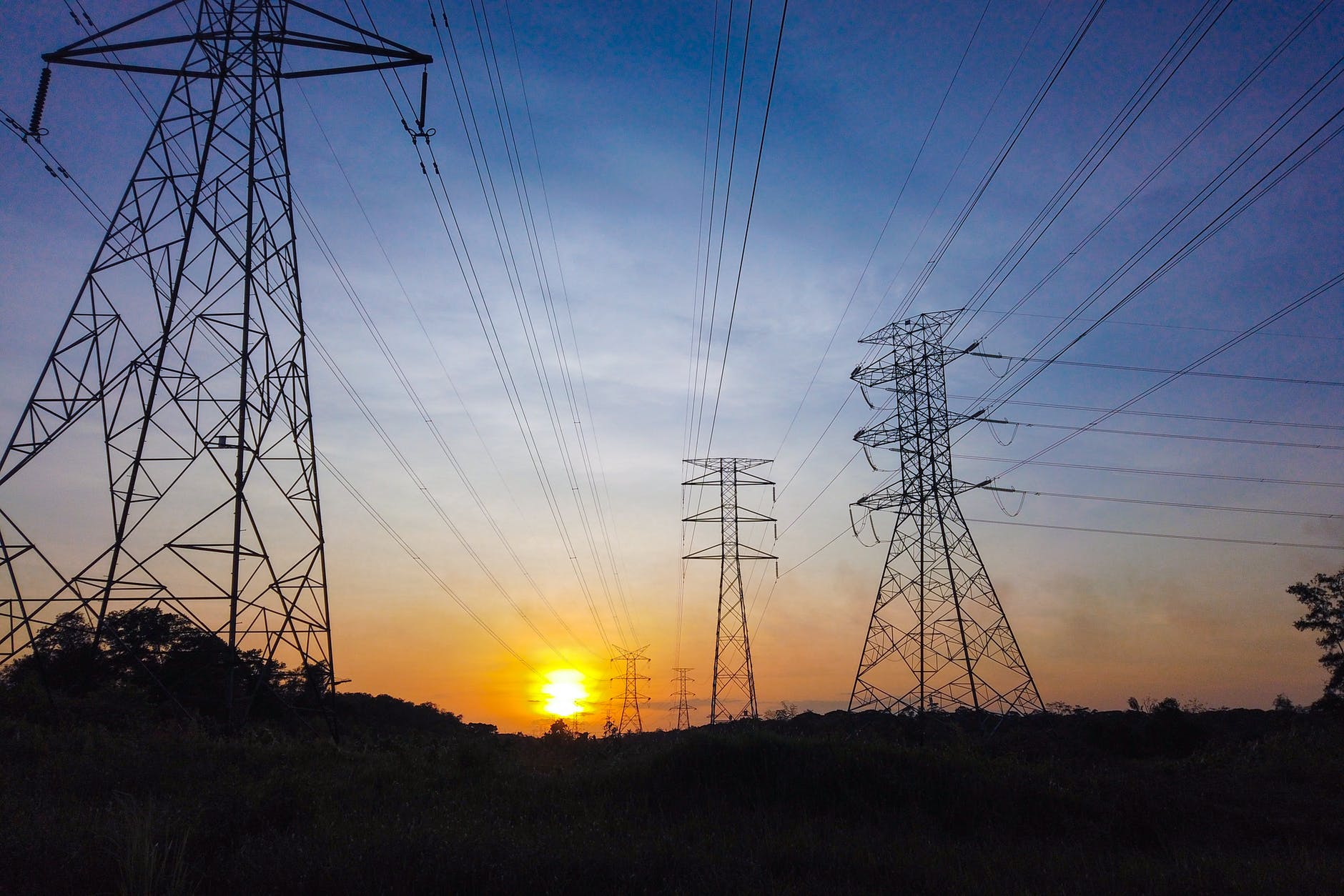
The Central Electricity Regulatory Commission (CERC) has approved Petition No. 338/TL/2024 submitted by Khavda IV A Power Transmission Limited (KIVAPTL), a company under Adani Energy Solutions Limited, for a transmission license. The petition concerned the implementation of the “Transmission scheme for evacuation of power from potential renewable energy zones in Khavda, Gujarat, under Phase-IV (7GW): Part A.” This project aims to establish a robust transmission infrastructure to facilitate renewable energy integration.
The license approval was based on regulations stipulated in the Electricity Act, 2003, and the Central Electricity Regulatory Commission’s Transmission Licence Regulations, 2024. The project will be executed on a Build, Own, Operate, and Transfer (BOOT) basis, encompassing critical elements like 765 kV and 400 kV transmission lines, bus reactors, and advanced systems such as ±300MVAR STATCOM.
The competitive bidding process, conducted by REC Power Development and Consultancy Limited (RECPDCL) as the Bid Process Coordinator (BPC), selected Adani Energy Solutions Limited as the successful bidder. The company offered the lowest transmission charges of ₹5089.66 million through an e-reverse auction, beating Power Grid Corporation of India Limited.
The project’s strategic significance lies in India’s renewable energy goals, with the Khavda region identified as a major renewable energy zone with a potential of 30 GW. This initiative, under the Ministry of Power’s guidelines, aligns with the national objective of achieving 500 GW of non-fossil fuel-based generation capacity by 2030.
During the proceedings, the petitioner confirmed its adherence to technical and grid standards outlined by the Central Electricity Authority (CEA). The project will also comply with regulations for open access and inter-state connectivity, ensuring seamless integration with the national grid. Furthermore, conditions tied to the license emphasize non-discriminatory access, timely project execution, and strict compliance with regulatory norms.
The CERC highlighted the importance of monitoring and accountability. The project will be supervised by CTUIL, an independent engineer, and the CEA to ensure timely and quality implementation. Any deviations from the schedule or standards will be reported for corrective measures.
The approval of this petition marks a significant step toward strengthening India’s renewable energy infrastructure. The project is expected to enhance grid reliability, support renewable energy integration, and contribute to sustainable development goals.













